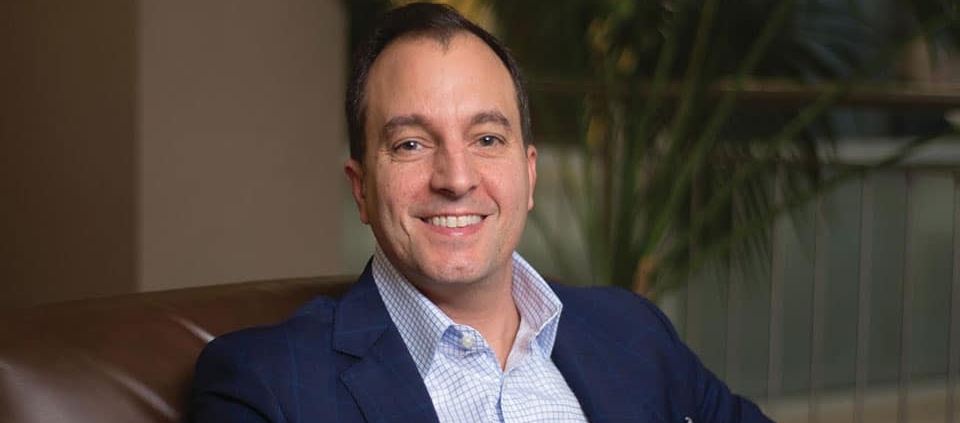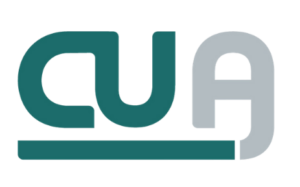Movers and Shakers Interview with Michael C. Fillios
Michael C. Fillios believes that every business leader, and particularly leaders of small and mid-sized businesses, needs to be well-informed and actively involved in managing their company’s investments in technology. As a consultant, he brings his extensive experience as a global business and technology leader and entrepreneur to advise his clients on leveraging state-of-the-art tools, taking cybersecurity seriously, and avoiding escalating debt. We recently sat down for a brief interview. Here is some of our conversation.
Tell us your name and a little about yourself.
My name is Michael Fillios. I am the founder of IT Ally, an IT and Cyber Advisory firm serving the C-Suite at small and mid-size businesses (SMBs), based in a Cincinnati, OH. In 2020, I also founded the IT Ally Institute, a nonprofit organization that provides SMBs access to knowledge, research, and practical tools to improve their tech bottom line. My new book, Tech Debt 2.0®: How to Future Proof Your Small Business and Improve Your Tech Bottom Line, leverage my 25-plus years as a global business and technology leader in multiple industries, including manufacturing, pharmaceuticals and banking, as well as a startup entrepreneur and consultant. My passion is serving privately held and family-owned businesses by helping them to grow, be secure, and to maximize the value from their technology investments.
What exactly does your company do?
Our fundamental purpose and mission at IT Ally and the IT Ally Institute is to play a significant role in future-proofing SMBs. Until very recently, SMBs comprised 99.9 percent of businesses and 47.5 percent of private-sector employment in the US. Sadly, SMBs have taken a tremendous hit in 2020, with the COVID-19 outbreak presenting unexpected obstacles to their success and survival. How SMB owners and C-suite leaders have deployed technology is turning out to be a major factor in how, or if, their company will survive those challenges. Therefore, we leverage our amazing experienced team of advisors, deep subject matter expertise, and our proprietary diagnostic tools, research, and thought leadership to assess the effectiveness of an organizations’ IT and Cyber capabilities and provide leadership services to bridge the internal gaps that often reside in the C-Suite.
What were the biggest challenges you have faced and how did you overcome them?
My biggest challenge, and one that defined the trajectory of the rest of my personal and professional career, was navigating my childhood and teen years growing up in the Bronx, New York, during the late 70s and 80s. Don’t get me wrong—I wouldn’t change this experience if I had to do it again, as it provided a master’s level education on being street smart and reading people and situations around me. However, in many cases, the path for my peer group was one that led to drugs, crime, or careers that did not require education beyond high school. As a result, I defined a unique path that was grounded by sports (hockey), a rigorous work ethic (from my dad), and a desire to achieve a better life than my parents and generations to come. This began with my decision to attend an all-boys Catholic high school rather than the local public school and working to help my parents pay tuition, while not being Catholic; I was born Greek Orthodox! Many years later, I still attribute this to the biggest course correction in my life, which I credit for being in the position that I am in today.
What piece of advice do you wish someone had given you at the start of your career?
Life experience matters. Education is important and necessary to get in the door in many professional careers, but it doesn’t define you. As time goes on, people generally value your experience, including how you managed your failures, and these accumulated events will provide unique perspectives that cannot be taught. Also, risk-taking is expected if you want to have an impact in life, personally and professionally. Embrace it, learn from it, and run towards it with eyes wide open should you be given the opportunity. And finally, consider your legacy objectives much earlier in your life and make decisions that keep you on a path to achieve them.
Follow him on social media:
Twitter: https://twitter.com/mcfillios
LinkedIn: https://www.linkedin.com/in/michaelfillios/
[This article was originally published on kivodaily.com.]


